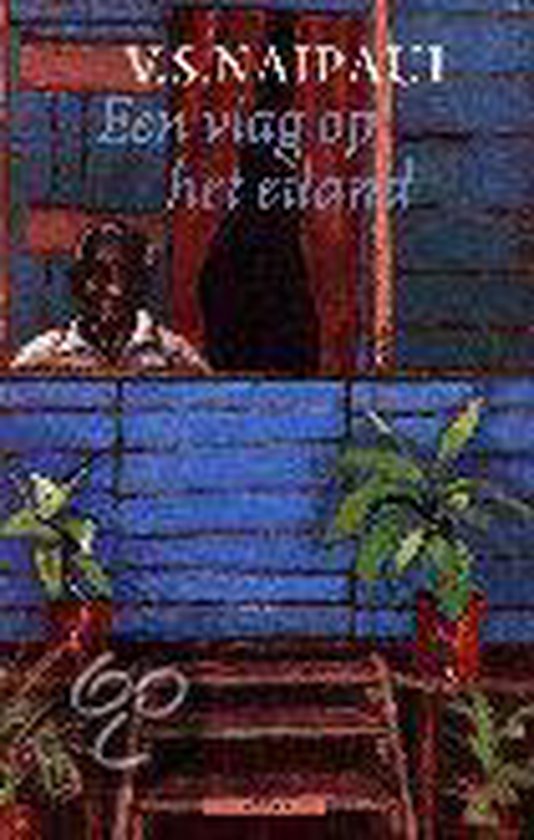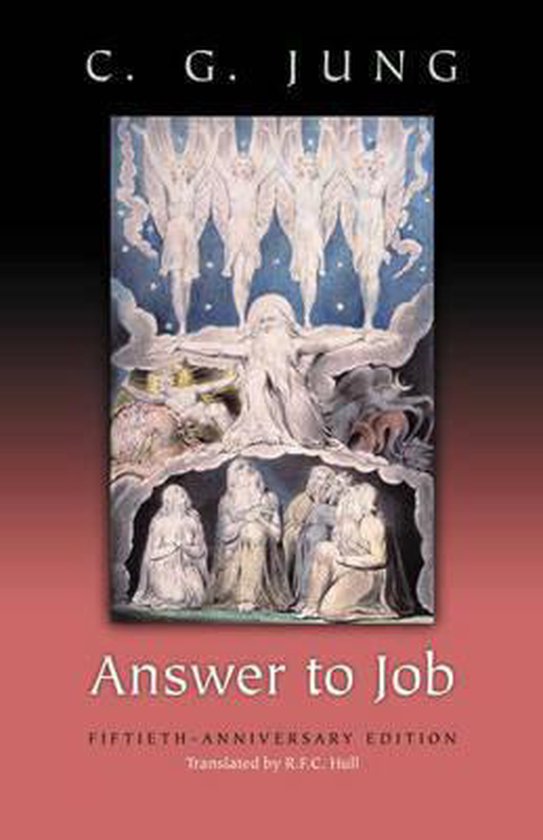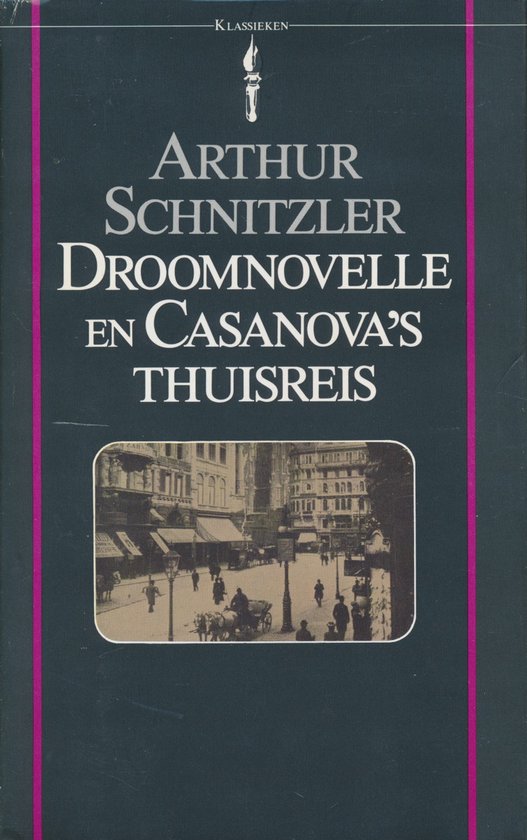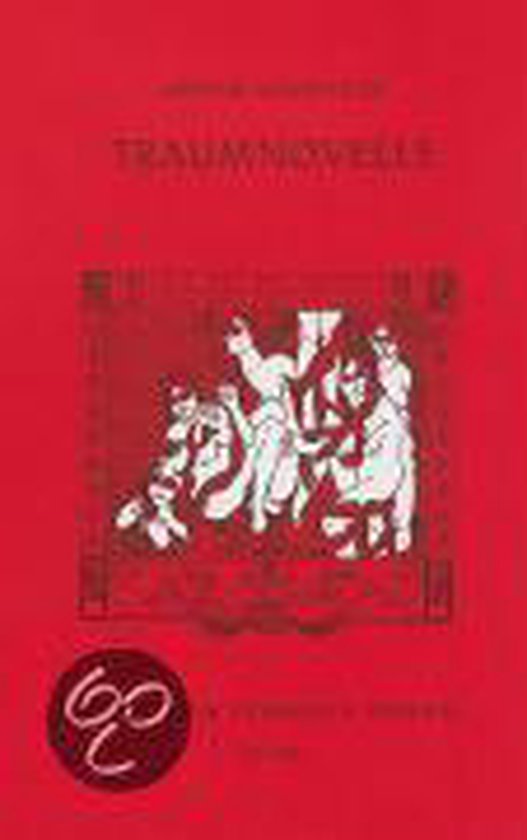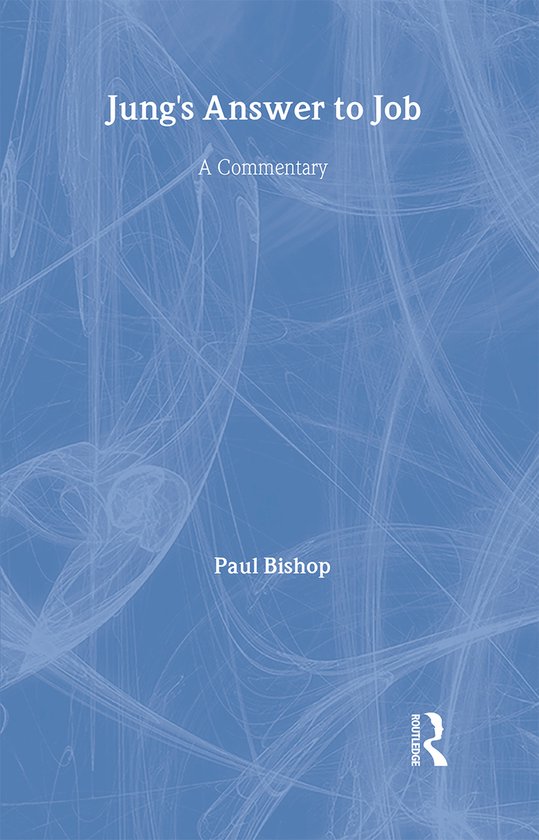
Jung's Answer to Job
Places Jung's 1952 publication, Answer to Job, in the context of Biblical commentary, and then examines the circumstances surrounding its composition and immediate reception.
Greeted with controversy on its publication, Answer to Job has long been neglected by many serious commentators on Jung. This book offers an intellectual and cultural context for C.G.Jung's 1952 publication.
In Jung's Answer to Job: A Commentary, the author argues that such neglect is due to a failure to understand Jung's objectives in this text and offers a new way of reading the work. The book places Answer to Job in the context of biblical commentary, and then examines the circumstances surrounding its compositions and immediate reception. A detailed commentary on the work discusses the major methodological presuppositions informing it and explains how key Jungian concepts operate in the text. Jung's Answer to Job: A Commentary unravels Jung's narrative by reading it in the chronological order of the biblical events it analyses and the book to which it refers, offering a comprehensive re-reading of Jung's text. An original argument put across in a scholarly and accessible style provides an essential framework for understanding the work.
Whilst taking account of the tenets of analytical psychology, this commentary underlines Answer to Job's more general significance in terms of cultural history. It will be invaluable to students and scholars of analytical psychology, the history of ideas, intercultural studies, comparative literature, religion and religious studies.
| Auteur | | Paul Bishop |
| Taal | | Engels |
| Type | | Hardcover |
| Categorie | | Religie, Spiritualiteit & Filosofie |
